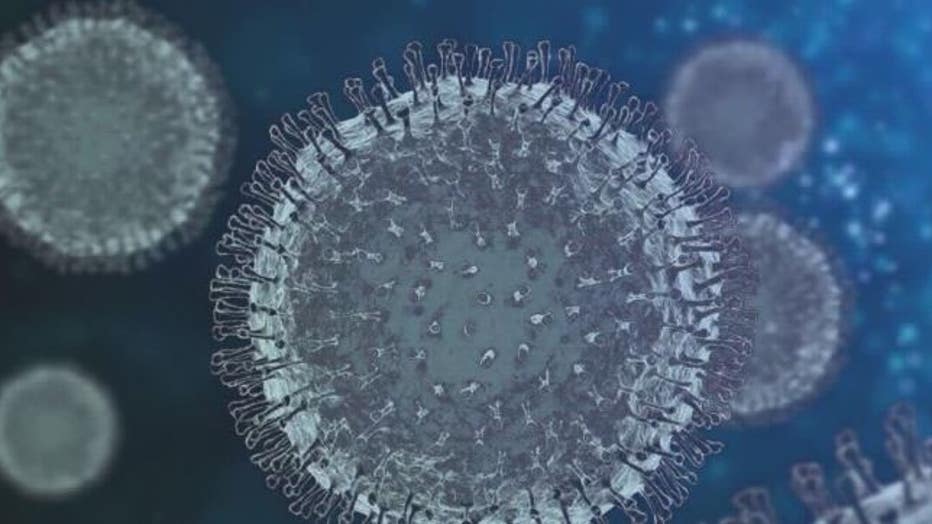Omicron variant detected in North Texas by Frisco lab
FRISCO, Texas - There are now known cases of the omicron variant in North Texas.
A laboratory in Frisco said it detected two cases in the Dallas-Fort Worth area in a 35-year-old and 40-year-old.
The 40-year-old reported a fever and cough for a couple of days, while the 35-year-old reported no symptoms, but had exposure to someone who was sick.
Both patients received the Pfizer vaccine, but neither got a third dose.
They also had no recent travel history.
RELATED: Dallas County health leaders monitoring omicron variant as first case reported near Houston

Medical experts said it was only a matter of time for cases to be detected in North Texas.
"What we have gathered from the World Health Organization and the health authorities in South Africa is that the illness has been relatively mild," said Dr. Nikhil Bhayani, who is an infectious disease advisor for Texas Health Resources.
He expects more cases to pop up in our region as the weeks go on.
"Number one, do not panic. Just use our astute judgment in social distancing and hygiene. Get vaccinated if you have not, and if you're eligible for the booster, definitely get the booster," Dr. Bhayani said.
The lab notified the state health department electronically Wednesday night.
The first confirmed cases of omincon in the state were reported last week in Houston’s Harris County.
"Unfortunately, this is what viruses do," said Dr. Anthony Santella, who is a public health expert with the University of New Haven.
He said the longer we have what he calls "mediocre vaccination rates" nationwide, the virus will continue to mutate and spread.
"And so it's not surprising to me, at least, who works in public health, that we continue to have variants going down the chain," Dr. Santella added.
RELATED: Eight cases of omicron variant identified by Houston Methodist
Public health experts, including the CDC director, point out that the highly-contagious delta variant is still the dominant variant circulating in the U.S.
Omincron appears to produce less severe symptoms in people who have been vaccinated.
"Every variant is different and its impact is different. And so we have a little bit of information because it really has been the last, you know what, 10 days or so that we're having this conversation, but time will tell how much impact it certainly has on human health," Dr. Santella explained.
"That's quite promising. But only time will tell if we will need a booster shot every year," Dr. Bhayani said,
And as we head into the busy holiday travel season, medical experts continue to stress wearing masks, social distancing where you can, and practice good hand hygiene.

